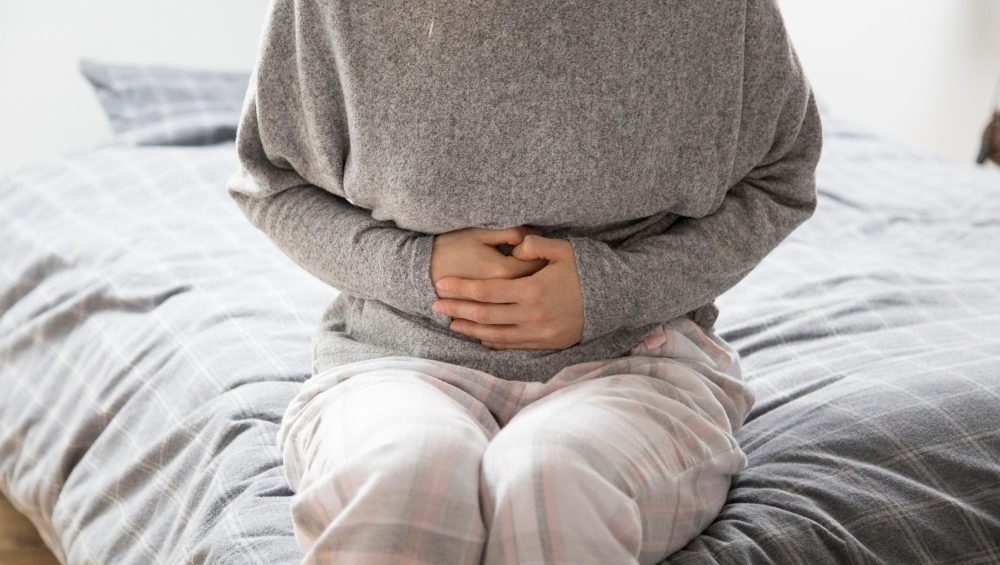Piles, also known as hemorrhoids, are swollen veins in the anal canal. They can be internal, which means they are inside the rectum, or external, which means they are under the skin around the anus. Piles are a very common problem, affecting about one in every three adults over the age of 45 in the UK. They can cause bleeding from the anus, itchiness, and discomfort. Ayurveda is an ancient Indian system of medicine that has been practiced for more than 3,000 years. It is based on the principle that health and well-being depend on a balance between the mind, body, and spirit. According to Ayurveda, piles are caused by an imbalance of the Pitta dosha. Pitta is one of three constitutional types (dosha), which represent different combinations of physical and mental characteristics.
What are piles?
Piles, also known as hemorrhoids, are swollen and irritated veins in the anus and lower rectum. They can be very painful and uncomfortable. Ayurvedic treatment for piles involves using natural herbs and spices to ease the symptoms and improve overall health.
What causes piles?
Piles are often caused by straining during bowel movements, pregnancy, or obesity. Other causes include anal intercourse, chronic constipation or diarrhea, and sitting on the toilet for long periods of time. Piles can also be caused by a variety of other factors, including heredity, age, and lifestyle choices.
Ayurvedic treatment for piles
Ayurvedic treatment for piles includes a variety of different herbs and techniques. Some common herbs used to treat piles include:
Turmeric: Turmeric is an anti-inflammatory herb that can help reduce swelling and pain associated with piles.
Ginger: Ginger is another anti-inflammatory herb that can help to soothe the symptoms of piles.
triphala churna: Triphala churna is a powder made from the dried fruits of three different herbs. It is often used as a laxative, but it can also help to reduce inflammation and pain associated with piles.
These are just a few of the many different ayurvedic treatments for piles. If you are suffering from this condition, it is important to seek out the advice of a qualified ayurvedic practitioner to find the best treatment plan for you.
How to prevent piles
There are a few things you can do to help prevent piles:
- Eat a high-fiber diet. This will help to keep your stools soft and easy to pass, reducing the strain on your anal area and helping to prevent hemorrhoids.
- Drink plenty of fluids. This will also help to keep your stools soft and reduce strain on your anal area.
- Avoid sitting for long periods of time. If you must sit for extended periods, try to get up and move around every few hours to reduce the pressure on your anal area.
- Exercise regularly. This helps to keep your body toned and reduces the pressure on your anal area.
- Keep the anal area clean and dry. Wiping gently with moist toilet paper or using a perianal cleansing pad after each bowel movement can help reduce irritation and keep the area clean.
Conclusion
Ayurvedic treatment for piles can be an effective way to ease the symptoms of this condition. If you are considering this type of treatment, it is important to consult with a qualified practitioner to ensure that you are receiving the best possible care. With the right approach, Ayurvedic treatment can provide relief from the discomfort of piles and help you to improve your quality of life.



